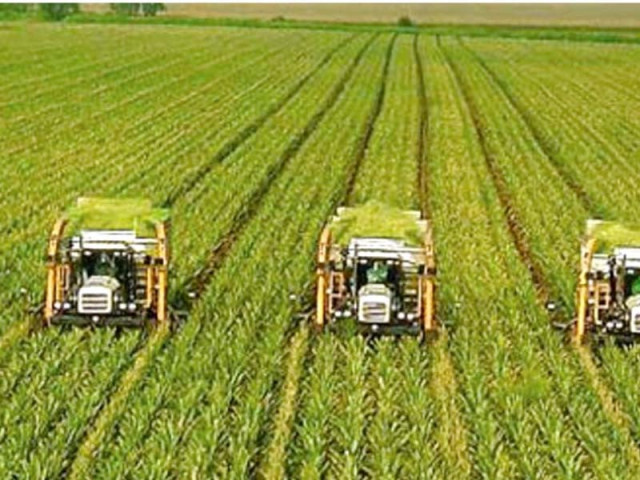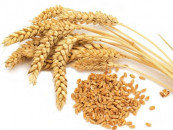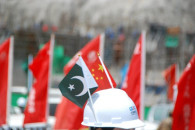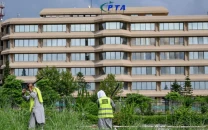Varsities join global alliance for agri-tech development
Collaboration focuses on new food and medicinal crops

In a significant move towards advancing agricultural technology through international collaboration, four Pakistani universities – Quaid-e-Azam University, Pir Mehr Ali Shah Arid Agriculture University, Sindh Agriculture University and Ayub Agricultural Research Institute – joined the Silk Road Agricultural Education and Research Innovation Alliance at the 9th Silk Road Agricultural Education and Research Cooperation Forum held in Tashkent, Uzbekistan from July 9-12. This collaboration aims to foster cooperation between leading institutions in China and Pakistan, focusing on the exchange and joint development of new food crops, vegetable varieties and medicinal crops.
Abdul Ghaffar Shar, Post-doctoral Research Fellow at Northwest A&F University in China, a founding institution of the alliance, while sharing insights with China Economic Net, noted that last year the alliance provided Pakistani universities with wheat and vegetable varieties such as cabbage, carrot and tomatoes for further research at their demonstration parks. Additionally, new varieties of linseed will be exchanged later this month during a mutual visit.
To date, researchers involved in this agricultural cooperation programme have selected 19 stress-resistant wheat strains and identified a new wheat variety suitable for broader cultivation in Pakistan. This new variety is projected to improve wheat production and physiological salt stress tolerance by 27%, reduce costs by 13% and increase farmers’ income by approximately 25%.
Innovations such as nanobiochar, new nutrient solutions and bio-organic fertilisers have also been introduced, which will enhance crop quality and output.
“This year, model farms for sesame contract farming have been established in various locations across Pakistan and are expanding significantly, greatly enhancing Pakistan’s export potential,” added Abdul Ghaffar Shar.
With over 60 institutions from 13 participating countries, the alliance’s membership has grown to 120 institutions from 19 countries, paving the way for Pakistani universities and research institutions to form global partnerships.
This article originally appeared on China Economic Net

















COMMENTS
Comments are moderated and generally will be posted if they are on-topic and not abusive.
For more information, please see our Comments FAQ